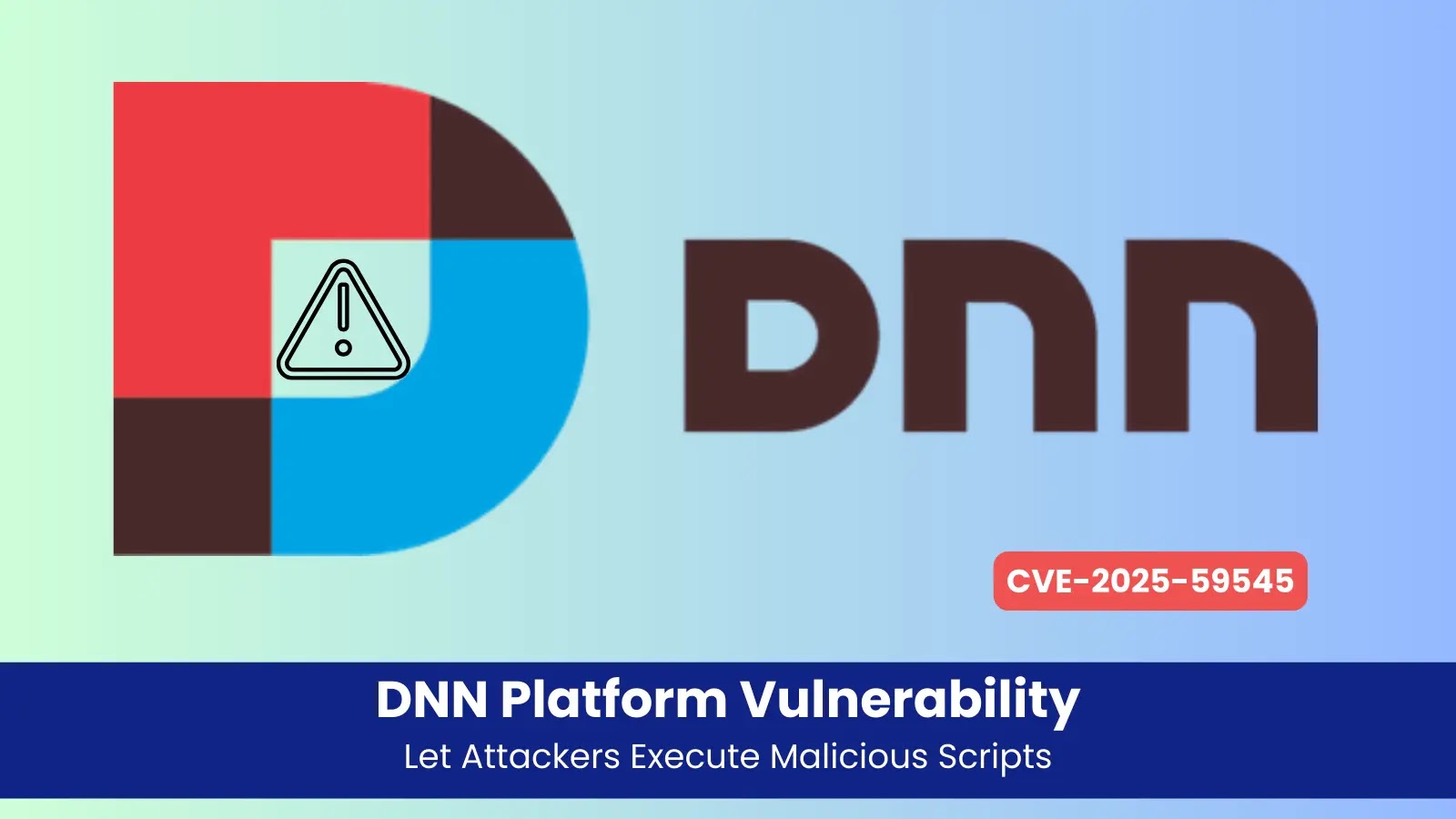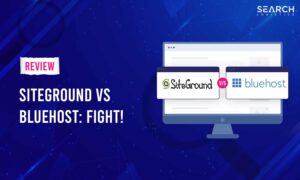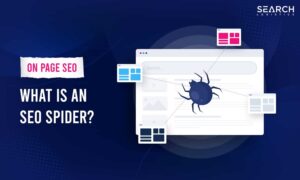Critical DNN Platform Vulnerability Let Attackers Execute Malicious Scripts
A severe Stored Cross-Site Scripting (XSS) vulnerability in the Prompt module of the DNN Platform enables low-privilege attackers to inject and execute arbitrary scripts in the context of privileged users.
Published as GHSA-2qxc-mf4x-wr29 by Daniel Valadas yesterday, this vulnerability affects all versions of the DotNetNuke.Core package prior to 10.1.0 and carries a CVSS v3.1 base score of 9.8 (Critical).
Organizations running DNN-based websites should apply patch 10.1.0 immediately to prevent potential data theft, session hijacking, or full administrative takeover.
The Prompt module in DNN provides an interactive command-execution interface capable of returning raw HTML.
While the platform sanitizes most user-submitted data before rendering it in entry forms, Prompt commands process their output as HTML, bypassing standard sanitation routines.
An attacker with any authenticated account can craft input containing embedded <script> tags or other harmful markup.
When this malicious content is later processed by a Prompt command, the resulting HTML is rendered in the victim’s browser, causing the scripts to execute in the security context of a super-user.
Designated as CVE-2025-59545, this weakness stems from improper neutralization of input during web page generation (CWE-79) .
The application’s failure to correctly handle untrusted data in a dynamic HTML-rendering pipeline creates an avenue for persistent XSS attacks.
The vulnerability’s attack vector is network-based, requires only low complexity, minimal privileges, and user interaction, but its impact spans confidentiality, integrity, and availability—all rated high.
Technical Analysis and Impact
Once an attacker submits a payload containing JavaScript or malicious HTML through a form or API endpoint that stores Prompt inputs, the data resides in the system’s database.
Later, when a privileged user invokes a Prompt command that reads this stored input and returns it untreated as HTML, the browser interprets and executes the embedded scripts.
This scenario can lead to theft of authentication tokens, unauthorized actions under elevated privileges, or redirection to attacker-controlled domains.
Because the Prompt module is typically used by site administrators for troubleshooting or configuration tasks, the presence of XSS in this component is especially dangerous.
Attackers could impersonate administrators, modify site content, or introduce ransomware-style encryption of pages.
Moreover, by chaining this XSS with other vulnerabilities such as Cross-Site Request Forgery (CSRF), adversaries may fully compromise the DNN instance.
Given the widespread deployment of DNN in enterprise intranets and public websites, unpatched instances present a significant risk surface for automated exploit scanning and targeted attacks.
DotNetNuke.Core version 10.1.0 patches the Prompt module to ensure that command outputs are properly escaped or sanitized before rendering.
Administrators should upgrade immediately to mitigate risk. Remediation credits go to bdukes for discovering and fixing the underlying code paths, with review contributions from valadas and mitchelsellers. To apply the fix:
- In your project’s NuGet configuration, update the DotNetNuke.Core package to version 10.1.0 or later.
- Redeploy the updated binaries and clear any server-side caching.
- Verify that Prompt commands no longer return raw HTML by testing with benign script payloads.
- Review logs for any prior abuses of the Prompt interface and rotate any potentially compromised administrative credentials.
Additionally, practitioners should conduct a comprehensive security review of other modules that may generate HTML from user data.
Enforcing Content Security Policy (CSP) and implementing Web Application Firewall (WAF) rules that detect script tags in unexpected contexts can provide defense-in-depth.
Regularly updating all third-party components and performing authenticated vulnerability scans are best practices to prevent recurrence of similar vulnerabilities.
The discovery of CVE-2025-59545 underscores the importance of proper output encoding and rigorous code review for dynamic HTML generators.
Organizations leveraging the DNN Platform should treat this patch as critical, ensuring their web applications remain secure against script injection attacks.
Continuous monitoring and timely updates are essential steps toward maintaining a robust security posture in modular content management systems.
Follow us on Google News, LinkedIn, and X to Get Instant Updates and Set GBH as a Preferred Source in Google.














Post Comment